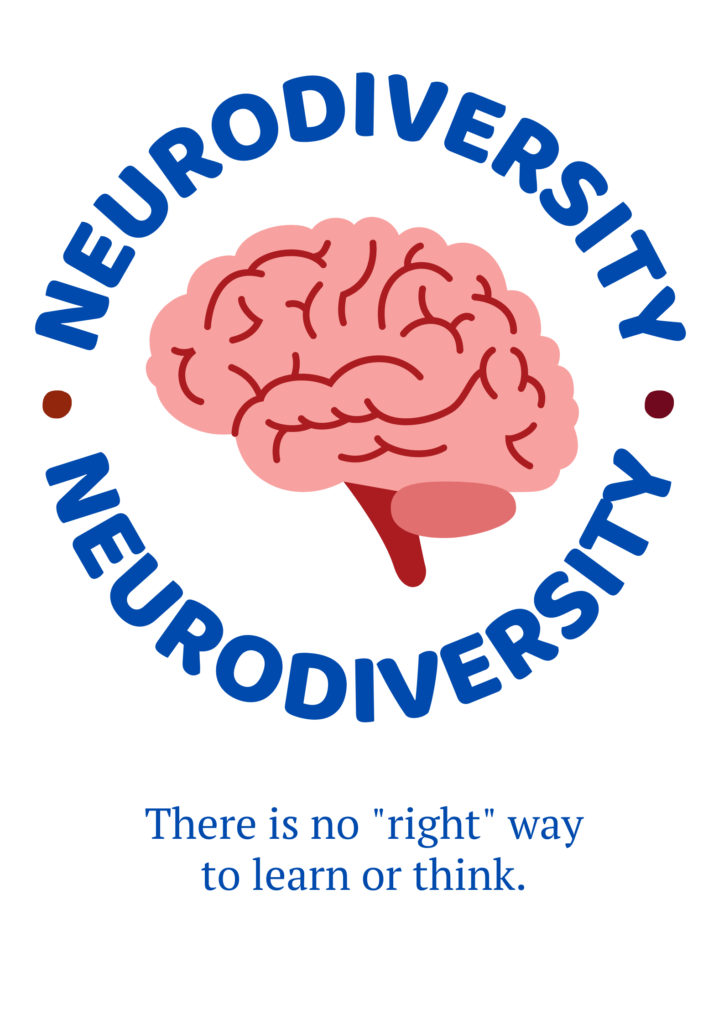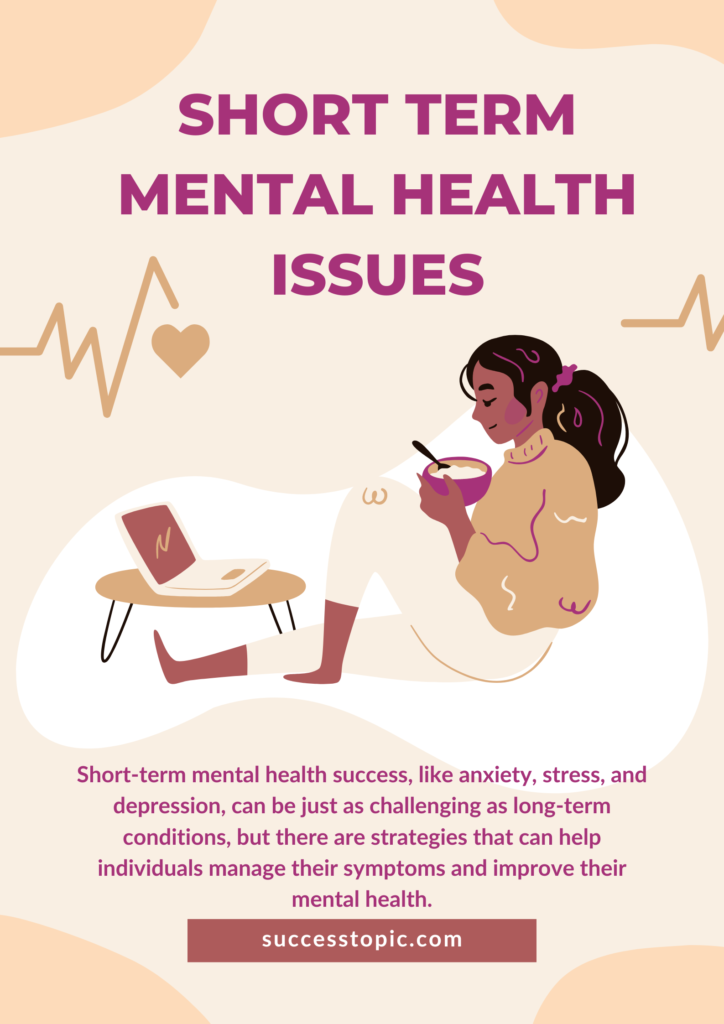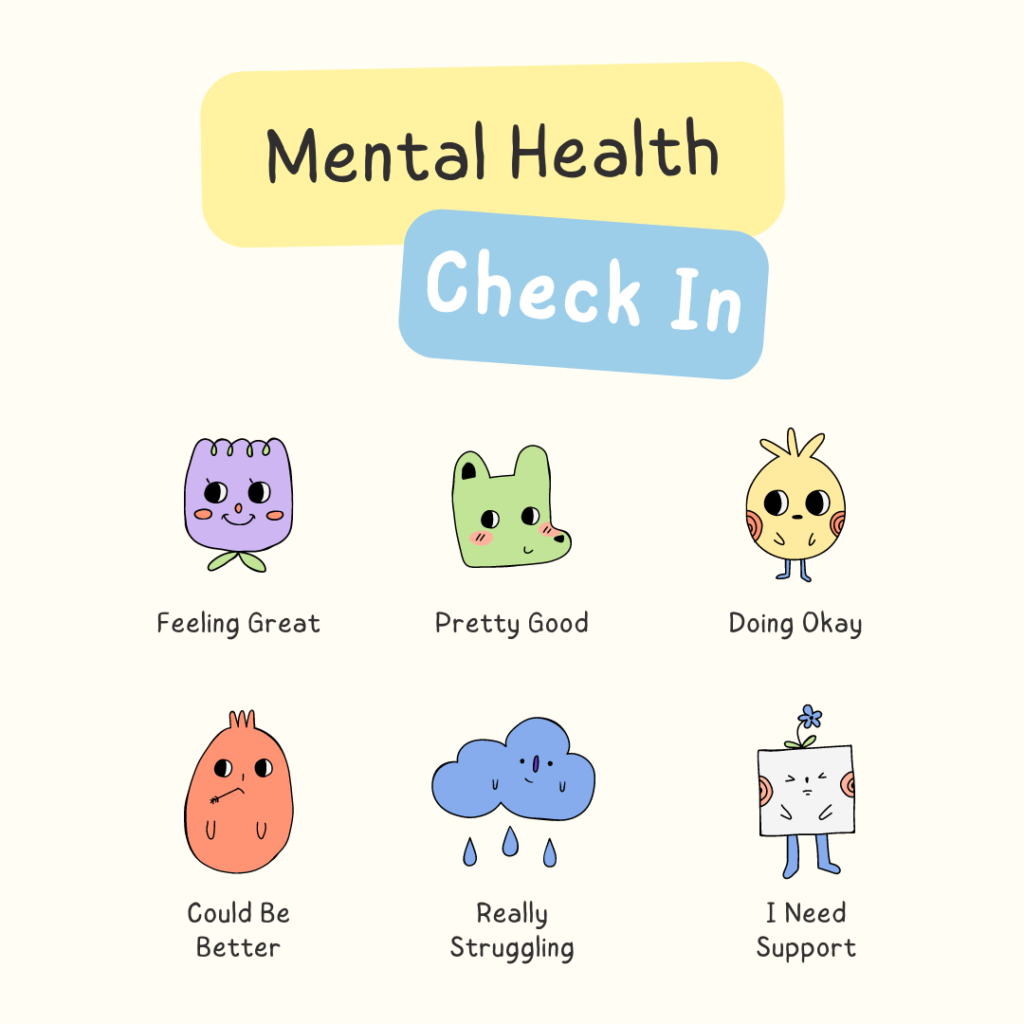Mental health is an essential aspect of overall well-being, and it can have a significant impact on an individual’s success in life. For individuals with autism, ADHD, high function, anxiety, and depression, achieving mental health success may present unique challenges. However, with the right tools and strategies, it is possible to overcome these challenges and achieve mental health success.
What are the long-term Mental Health Issues?
Mental health issues like autism, ADHD, and high-functioning autism can present unique challenges for individuals. These conditions affect how people process information, communicate, and interact with others. However, with the right support and strategies, individuals can learn to manage their symptoms and achieve success in all areas of life. This is why we have designed this section of our website just to help you to understand your mental health in a better way and how can you achieve success in your everyday life.

Autism/ASD
Autism is a neurodevelopmental disorder that affects communication, social interaction, and behavior. Individuals with autism may struggle with verbal and nonverbal communication, have difficulty with social interactions, and display repetitive behaviors or interests. However, with early intervention and ongoing support, individuals with autism can learn to manage their symptoms, develop social skills, and achieve success in their careers and personal lives.
ADHD
ADHD is a condition that affects attention, impulsivity, and hyperactivity. Individuals with ADHD may struggle with focus, organization, and time management. However, with medication, therapy, and support, individuals with ADHD can learn to manage their symptoms and achieve mental health success in their careers and personal lives.
High-functioning autism
High-functioning autism is a term used to describe individuals with autism who have average or above-average intelligence and language skills. These individuals may struggle with social interaction and communication but can often excel in academics or other areas of interest. With the right support and accommodations, individuals with high-functioning autism can improve their self-esteem in their careers and personal lives.
Bi-Polar Disorder
Bipolar disorder is a condition characterized by extreme mood swings between manic episodes (elevated or irritable mood, increased energy, and decreased need for sleep) and depressive episodes (deep sadness, feelings of hopelessness, and loss of interest in activities). Treatment for bipolar disorder may include medication, therapy, and lifestyle changes like regular exercise and healthy eating habits.
Personality Disorder
Personality disorders are conditions characterized by patterns of thinking, feeling, and behaving that differ significantly from cultural norms and cause difficulties in relationships and other areas of life. Treatment for personality disorders may include therapy, medication, and support from mental health professionals.
Schizophrenia
Schizophrenia is a condition characterized by a range of symptoms, including hallucinations, delusions, and disordered thinking. Treatment for schizophrenia may include medication, therapy, and support from mental health professionals, family, and friends.
Short Term Mental Health Issues
Short-term mental health issues, like anxiety, stress, and depression, can be just as challenging as long-term conditions, but there are strategies that can help individuals manage their symptoms and improve their mental health.

Anxiety
Anxiety is a condition characterized by excessive worry or fear. Individuals with anxiety may experience physical symptoms like rapid heartbeat, sweating, and trembling. However, with therapy, medication, and self-care techniques like deep breathing or mindfulness, individuals can learn to manage their symptoms and improve their mental health.
Stress
Stress is a natural response to challenging situations, but chronic stress can have negative effects on mental and physical health. To manage stress, individuals can practice stress-reducing activities like exercise, meditation, or spending time in nature. It’s also important to prioritize self-care activities like getting enough sleep, eating a healthy diet, and practicing good time management.
Depression
Depression is a condition characterized by persistent feelings of sadness, hopelessness, and loss of interest in activities. Individuals with depression may also experience physical symptoms like fatigue and changes in appetite or sleep. Treatment for depression may include therapy, medication, and self-care activities like exercise, spending time with loved ones, or engaging in hobbies or interests.
Why did We design this Mental Health Success Page?
Mental health issues can have a significant impact on a person’s life, but with the right support and strategies, individuals can learn to manage their symptoms and achieve Mental health success in all areas of life. This is the reason we have designed this section on our website. This section helps you to understand different mental health issues and how you can make your life successful by living with these conditions.
Long-term mental health issues such as bipolar disorder, schizophrenia, and personality disorders may require ongoing treatment and support to manage symptoms. Treatment may include medication, therapy, and lifestyle changes. It’s important for individuals with long-term mental health issues to work closely with mental health professionals to develop a treatment plan that meets their unique needs.
Short-term mental health issues such as anxiety, stress, and depression can also have a significant impact on a person’s life. Treatment may include therapy, medication, and self-care activities like exercise, spending time with loved ones, and engaging in hobbies or interests. It’s important for individuals with short-term mental health issues to seek help early and develop a support system to manage symptoms.
Regardless of the type of mental health issue, it’s important for individuals to prioritize their mental health and well-being. This may include practicing self-care activities, seeking professional help when needed, and building a support system of family, friends, and mental health professionals.

Few Tips to Make your Mental Health Success
Here are some points to consider for individuals with short and long-term mental health conditions:
- Develop self-awareness
Self-awareness is the ability to recognize and understand one’s thoughts, feelings, and behaviors. Developing self-awareness can help individuals with autism, ADHD, high function, anxiety, and depression identify their triggers and develop coping mechanisms.
- Seek professional help
Professional help can provide guidance, support, and treatment for mental health conditions. This can include therapy, medication, or a combination of both. Seeking professional help is a sign of strength, and it can help individuals manage their symptoms and achieve mental health success.
- Practice self-care
Self-care is essential for everyone, but it is especially important for individuals with mental health conditions. Self-care can include activities such as exercise, meditation, spending time in nature, or engaging in a creative hobby. It can also include setting boundaries and taking breaks when needed.
- Develop a support network.
Having a supportive network can provide encouragement, guidance, and practical assistance in achieving mental health success. This can include family members, friends, and professionals such as therapists or support groups.
- Build routines and structure.
Routines and structure can provide a sense of stability and predictability, which can be beneficial for individuals with mental health conditions. This can include developing a consistent sleep schedule, setting aside time for self-care, and establishing a regular exercise routine.
- Focus on strengths and interests.
Focusing on strengths and interests can provide a sense of purpose and fulfillment. It can also help individuals with mental health conditions build confidence in themselves and develop a positive self-image.
Wrap up
In conclusion, achieving mental health success as an individual with autism, ADHD, high function, anxiety, or depression requires a combination of self-awareness, professional help, self-care, support, routines, and focus on strengths and interests. With the right tools and strategies, individuals can overcome challenges and achieve their full potential.

